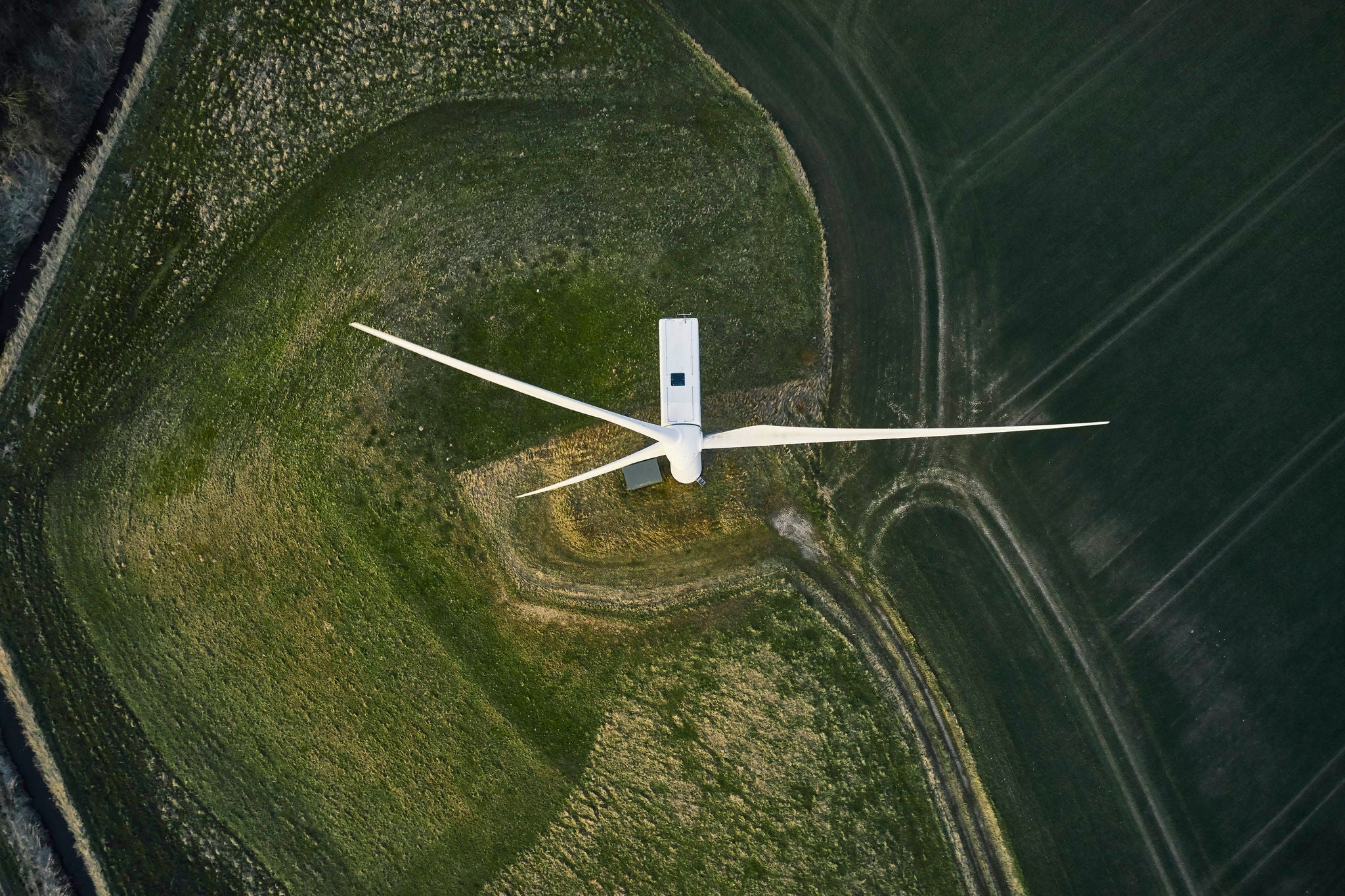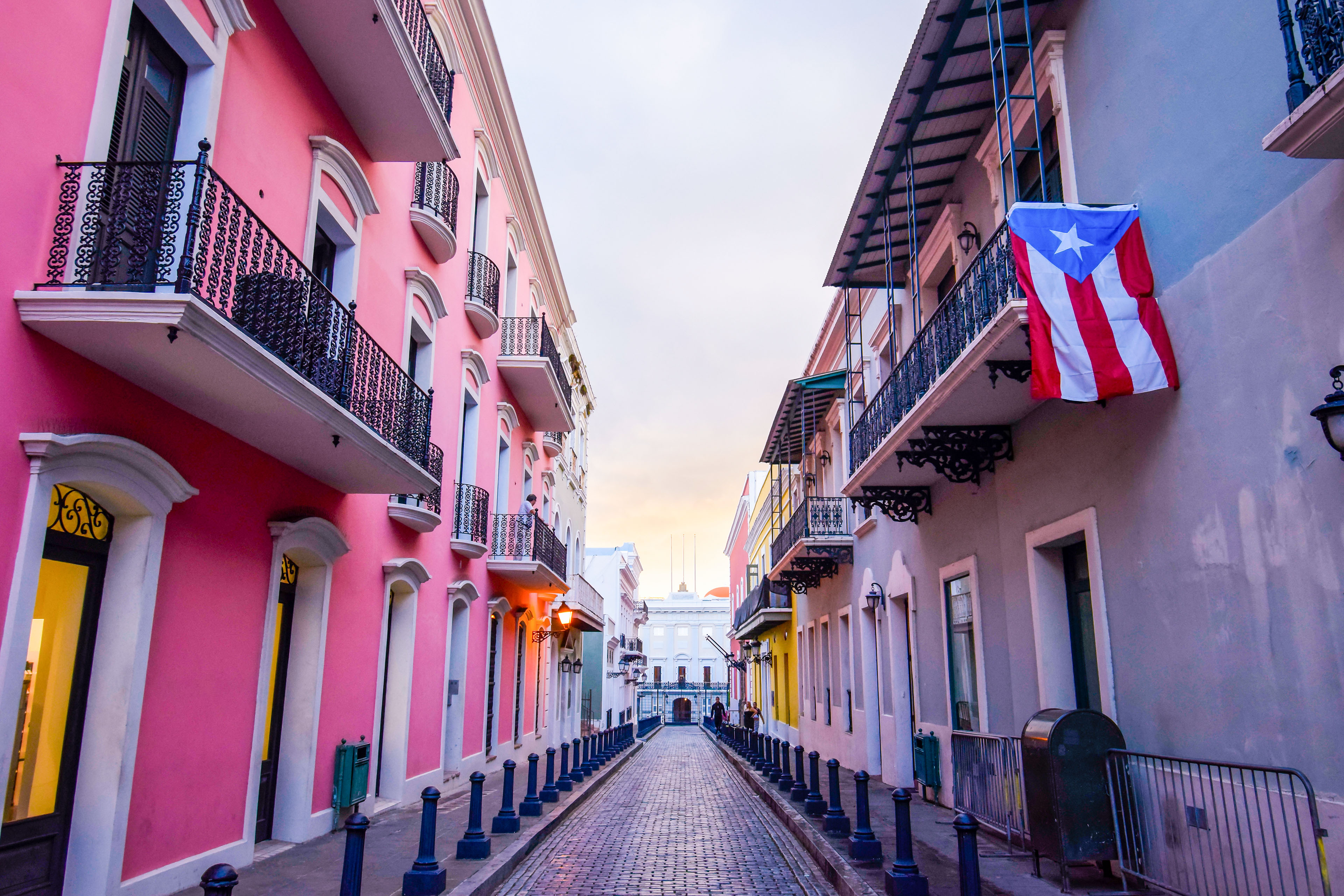EY-Parthenon teams were appointed as insolvency administrators in March 2021. From the start, a unique aspect to this engagement was the media attention. Given the size and impact of this bankruptcy, this was a hurdle both Abengoa and EY-Parthenon had to overcome and engage with regularly throughout the process.
Loan requests
Initially, the EY-Parthenon teams were asked to advise the bankruptcy of the parent company, with the ambition to find an alternative way ahead for the subsidiaries of Abengoa, where the majority of employees and debt were housed.
With support from EY-Parthenon teams, the subsidiaries requested help from the state-owned company SEPI, who are often used as a tool to implement government policy.
The requested support consisted of the application for an ordinary loan of €203m and a participative loan of €46m, together with a €200m bonding line backed by CESCE (the Spanish Export Credit Agency).
Support denied
In June 2022, however, SEPI denied the support with which pre-bankruptcy was requested by the operating subsidiaries, and in November 2022, the main subsidiaries also entered bankruptcy, with EY-Parthenon teams now acting as advisors on both processes.
As insolvency advisors responsible for both bankruptcy proceedings, EY-Parthenon teams were faced with added complexity and new challenges to face. On top of this, because of the high-profile status of the company, “many parties were trying to push for a quick solution”, notes Cuevas.
With added pressure, EY-Parthenon teams were required to lead parallel, overlapping processes that had the potential to significantly impact the Spanish economy, making this particular engagement unique, with a lot at stake.
The scope of proceedings had substantially increased too: the initial bankruptcy of the parent company involved less than €1,000m, whereas the bankruptcy of the main Abengoa subsidiaries involved over €5,000m, approximately 11,000 employees and technical project guarantees of €150m-200m.
In September 2022, a new legal framework around insolvency came into force in Spain. This happened around the time of the second petition for Abengoa. The new legislation was designed to improve the existing legal framework concerning pre-bankruptcy and provide more alternatives. In the long run, this was helpful for both EY-Parthenon teams and Abengoa, but navigating a new set of directives generated new challenges and meant that the bankruptcy of the subsidiaries had to take place under the new European bankruptcy legislations.
Top-class communication and cross-team collaboration
As insolvency administrators, the EY-Parthenon teams led the process and communicated each step of both the old and new business insolvency frameworks through meetings with the multiple parties, including company board and management, investors, judges, more than 22 different financial institutions, public bodies (Ministry, Export Credit Agency, Stock Exchange authorities) and other advisors, ensuring that a fully transparent and agile process was employed.
Detailed communication addressed that stakeholders had timely access to consistent and up-to-date information to facilitate informed decision-making.
Throughout the bankruptcy proceeding, EY-Parthenon teams brought to bear the breadth of skill from across the firm to navigate these challenges and help that the daily operational management of the subsidiaries to continue smoothly.








